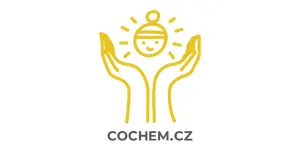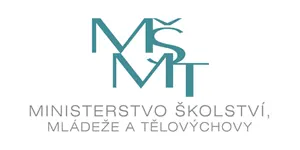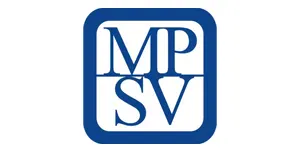Evaluation
INESAN understands evaluation as a process of systematic collection, processing and information sorting, whose the target of which is rational determination and objective value measurement. We achieve evaluation by way of controlled Merit and Worth research of the evaluation evaluated object. Evaluation can help improve the quality and increase the effectiveness of performed programs or projects and of performance optimization, in addition to securing valid and useful feedback.
Why conduct evaluations:
- Evaluations provide a systematic and rigorous approach to gather empirical evidence about the effectiveness, impact, and outcomes of programs, policies, and interventions. This evidence can be used to inform decision-making processes and improve the design and implementation of future initiatives.
- Evaluations promote accountability by assessing the extent to which programs and policies are achieving their intended goals. By evaluating the outcomes and impacts, it helps organizations and policymakers understand what is working and what needs improvement. This transparency enables stakeholders to make informed decisions regarding resource allocation and program adjustments.
- Evaluations foster a culture of learning and continuous improvement. Through the systematic collection and analysis of data, it helps identify strengths, weaknesses, and areas for improvement in programs and policies. This feedback loop allows organizations and policymakers to make evidence-based adjustments and enhance the effectiveness of interventions over time.
- Evaluations involve engaging stakeholders throughout the process. This engagement facilitates collaboration, shared understanding, and participation in the evaluation process. Involving stakeholders promotes inclusivity, transparency, and collective ownership of evaluation findings, which can lead to greater acceptance and support for programmatic and policy changes.
In evaluation we focus on:
Evaluation of Project Documents The subject of evaluation of project documents is to determine whether a particular offer is feasible and whether there are objective and empirically verifiable assumptions to ensure that the project plan has led the implementation to meet its goals.
Evaluation of Intervention Programs and Public Policies Intervention programs are understood to be measures introduced by public and private organizations to stimulate desirable forms of behavior of specific target groups.
Evaluation of Communication Activities Evaluation of communication and promotional activities verifies the public awareness or specific target groups of the existence of the communication and promotional activities.
Evaluation of Educational Activities Evaluation of educational activities focuses on the analysis of conferences and the evaluation of specific activities in the field of continuing education and professional development such as training courses, trainings and seminars.
The evaluation has been carried out evaluations (meta-evaluation) Meta-evaluation is simply an evaluation has been carried out evaluation survey. It focuses on the systematic analysis of the factual basis for the primary (assessed) evaluation of the suitability of methods and techniques and how to perform a primary evaluation in the context of applicable professional standards.
Meta-evaluation Meta-evaluation can provide a systematic and objective way to assess the usefulness, accuracy and precision of primary (already made) evaluation.
Selected projects
- Evaluation of the “System Support of Social Work in Municipalities” project
- Evaluation of the “System Support of Professional Performance of Social Work II” project
- Evaluation of the “Supporting the Professional Training of Employees” project
- Systemic solutions in the field of healthy aging
- Analysis of operating models of development agencies in partner countries






